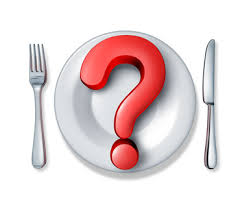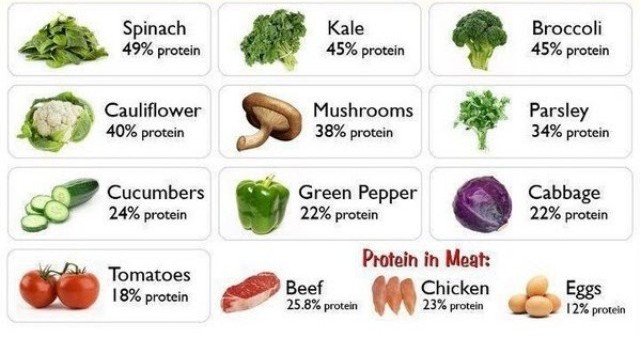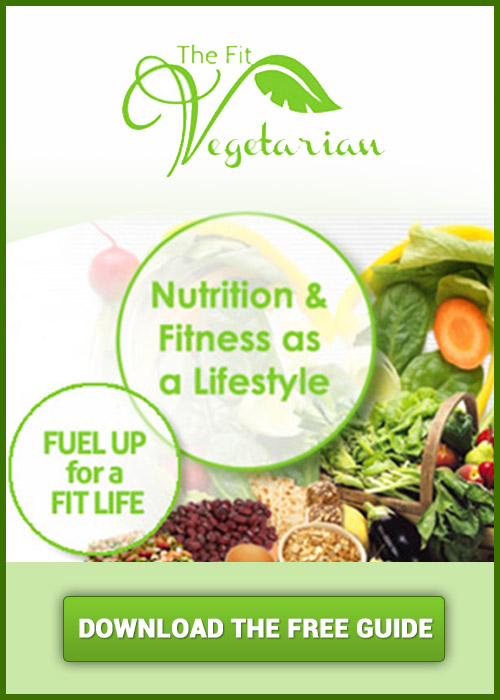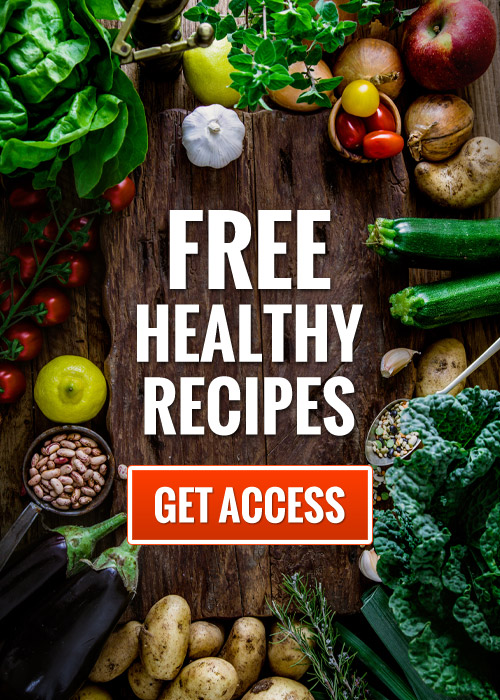Vegetarianism for Beginners Part 5: What Should You Eat and How Much?

Vegetarianism for Beginners: Part 5
I’m a Vegetarian, So Now What?
Carb Fest Time, Right?… WRONG!!
Alright, I hear you–enough talking…it’s about time we start eating! You might be thinking now that you’re a vegetarian, life is just one big carb fest. Bring on the plates overflowing with pasta, the huge bowls of rice, breads, beans, legumes, loads of fruits and veggies. Whoa. . . let’s tighten the reigns a bit on that runaway fork, shall we?!
Be wary of the carb trap! Boy, did I struggle with this for years until I educated myself on the topic. I was gorging on beans, legumes, and other complex carbs thinking, “Hey, it’s vegetarian, so it’s okay.” This is where that all-too-familiar phrase “moderation is key” comes into play. I had turned into an over-inflated balloon in part because of the overconsumption of carbs.
A single serving of carbs is ½ a cup. Measure it when plating your food to avoid over eating this macronutrient. Depending on your goals, you’ll want to consume anywhere from 2-4 servings of carbs daily. Also, be aware that fruits and vegetables also contain carbs. (See what I mean about it being easy to overeat them)? The starchier veggies like peas and corn are naturally higher in carbs than other veggies, so be mindful of this when selecting them. When choosing your fruit, keep in mind that bananas and apples, among other fruits, are very high in carbs because of the amount of natural sugar in them. If you want to enjoy fruit but limit the number of carbs you’re taking in, opt for berries (strawberries, blueberries, raspberries). They are naturally lower in this macronutrient than most fruits. Psst…berries are delicious added to cottage cheese or yogurt or simply by themselves!
Of course, you won’t be eating only carbs. Sorry to burst your carb-loving bubble! The human body is a delicate machine designed to thrive on a fine balance of macronutrients including proteins, healthy fats, and carbs. When these macronutrients are taken in in the proper ratio, your body thrives. You’re going to want to make sure you’re getting enough protein. This is probably the biggest concern among vegetarians. Newsflash!!! Meat is not the only way to get protein! Now you know. ? Eggs, soy, tempeh, dairy products, nuts, and seeds are just a few ways to get protein as a vegetarian. You also can combine foods (like beans and rice) to make a complete protein. The biggest surprise of all is that veggies have a good amount of protein all on their own. Check out the list below for some examples.
Now let’s talk healthy fats. This is the other macronutrient that you want to make sure you’re getting enough of in your diet. Natural nut butters, olive oil, olives, nuts, seeds, avocados, coconut oil, to name a few—these all are healthy, good-for-you fats. Again, as with the carbs, moderation is key, but definitely include these in your daily nutrition plan.
I want to congratulate you for making the decision to try the vegetarian lifestyle! You may try it and decide that it’s not for you; or you may discover that this is something you will do long term. Either way, you’re exploring new ways to lead a healthier life and that deserves some applause! ?? ???? Whichever nutritional lifestyle you ultimately choose for yourself, always remember to FUEL UP for a FIT LIFE!






